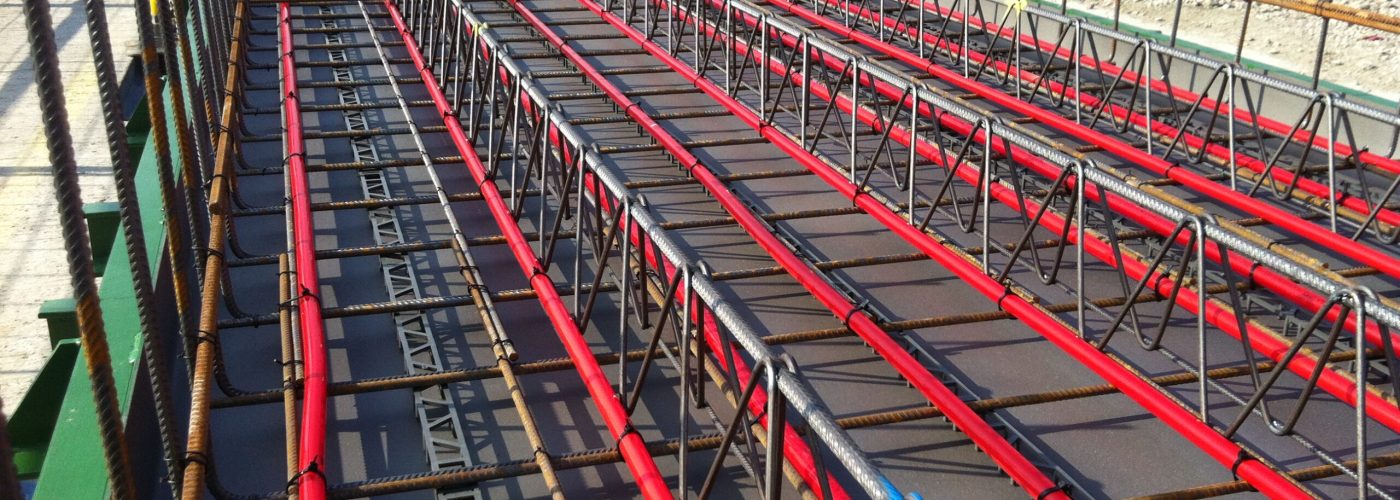Building specifiers and contractors are advised to put healthy design principles first when adapting existing structures according to REHAU, following cautions from the Climate Change Committee (CCC) about overheating buildings.
The CCC’s latest analysis of the Government’s heat and Building Strategy has noted that current overheating policy is only applicable to new buildings, and does not take existing structures into account. With this in mind, polymer supplier REHAU is highlighting concerns around sustainability and occupant wellbeing currently affecting the construction industry.
This warning follows findings demonstrated in the company’s ‘Designing Healthy’ series of guides, in which 500 respondents in M&E and architectural roles, are surveyed on pressing issues. In ‘Designing Healthy Apartments,’ for example, 97% of respondents said leaving high-quality buildings for future generations was a medium-to-high priority, yet 44% believed well-being is ‘value-engineered’ out of building design during a project.
Steve Richmond, Head of Marketing and Technical for REHAU Building Solutions comments: “The CCC’s latest analysis puts a concern in the spotlight that we’ve been highlighting for years – overheating in our existing building stock. As climate change continues, we suggest this issue needs to be addressed in comprehensive fashion.
“One key way of doing this is to adopt healthy design practices. For example, making improvements to current structures to become more energy efficient may not be enough, as this in turn raises the chances of excessive indoor temperatures during warmer months. Instead, good planning, design and construction from the offset is essential to avoid this, yet as our own surveys suggest, these priorities are often overlooked in favour of cost as a project progresses.”
Providing buildings that are warm in winter yet avoid overheating issues that can lead to health hazards in the summer is a key issue highlighted in REHAU’s Design Healthy series. Long-lasting M&E solutions are identified as a possible solution to this, with almost 70% of survey respondents in the company’s ‘Designing Healthy Schools and Universities’ report saying that the lifespan of the components needs to increase.
Steve concludes: “The issues raised in the CCC’s latest analysis echo what we have seen when we have taken soundings across the industry. Though we are huge advocates of improving the energy efficiency of the nation’s existing building stock, this must be done in a considerate way that avoids overheating. M&E solutions must sit at industry’s response to this pressing and ever-growing concern.” To find out more about REHAU’s ‘Designing Healthy’ series, visit: www.rehau.uk/designinghealthy





